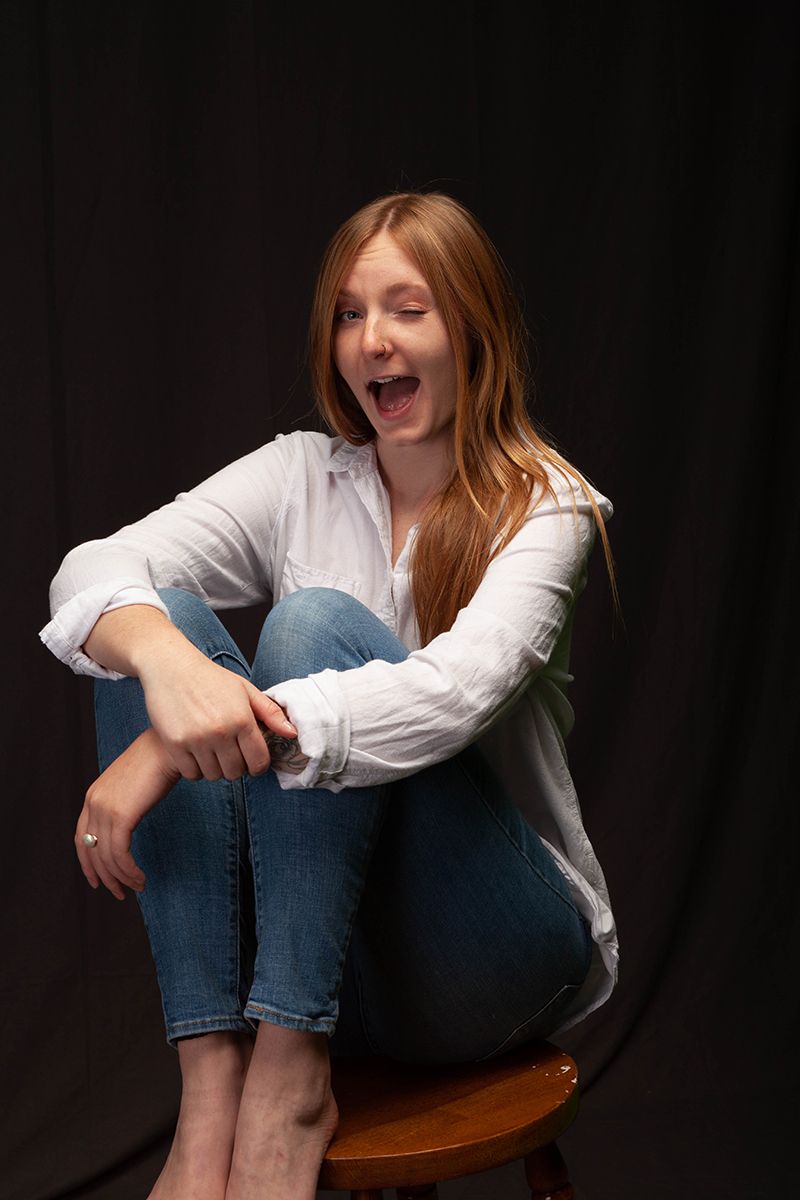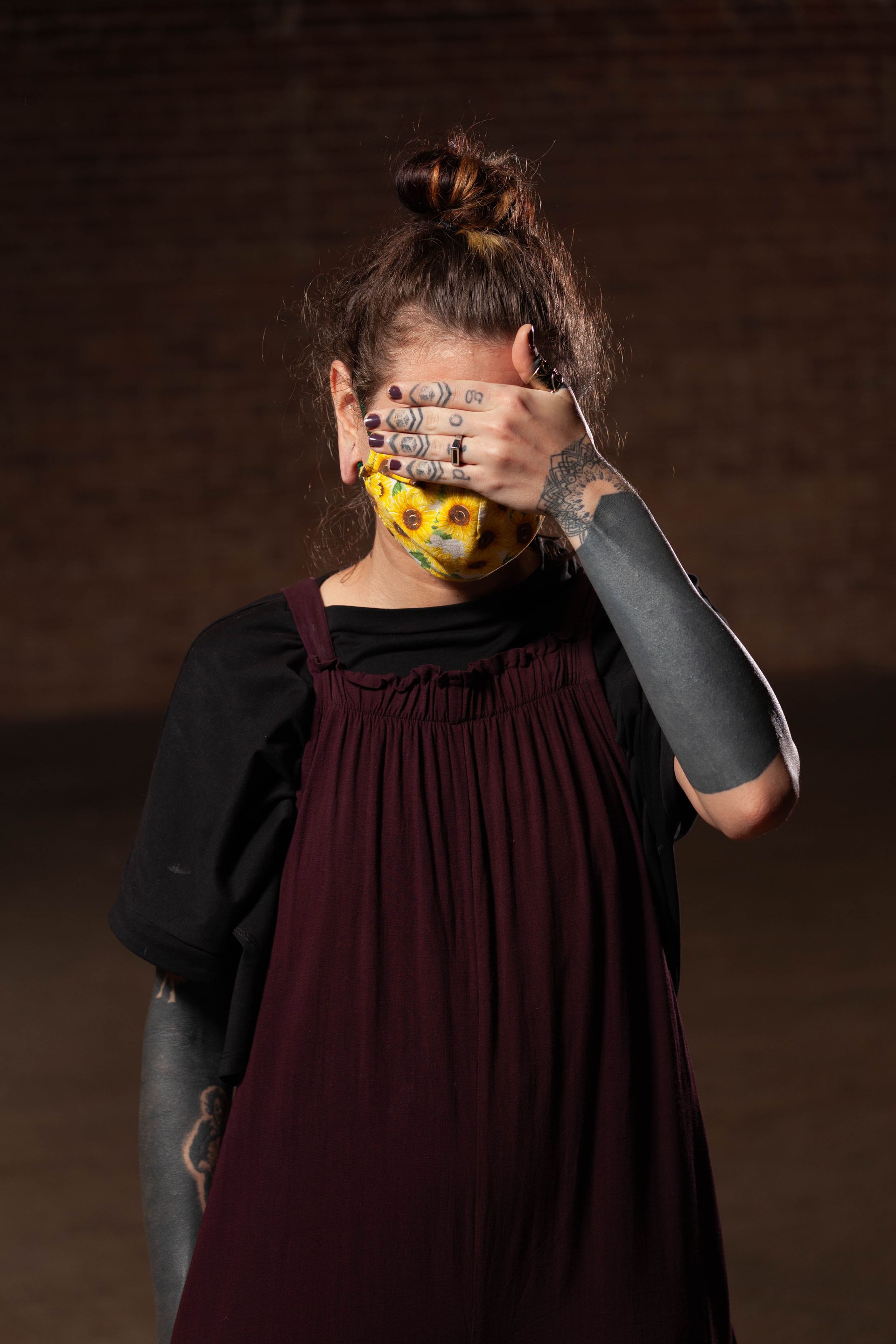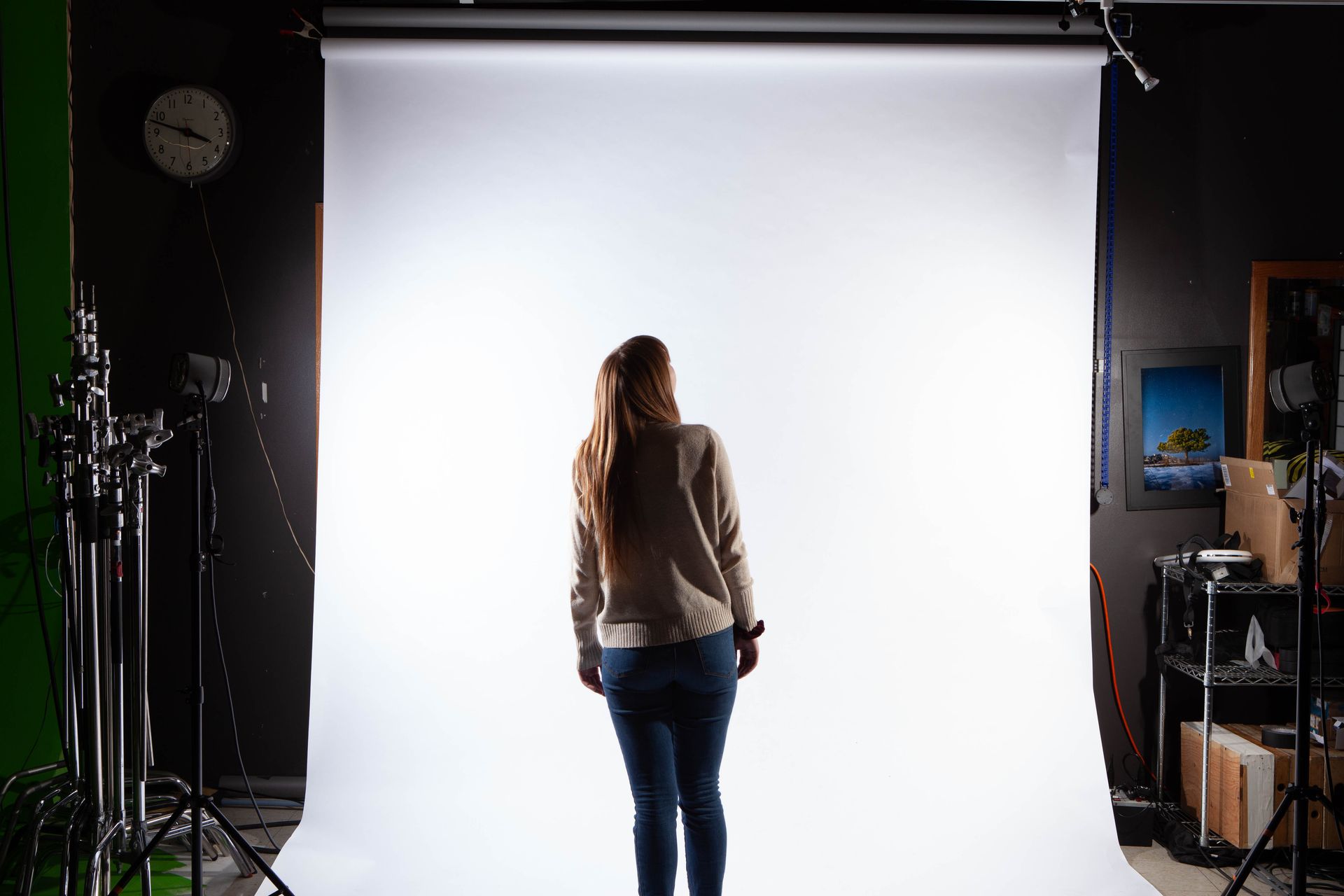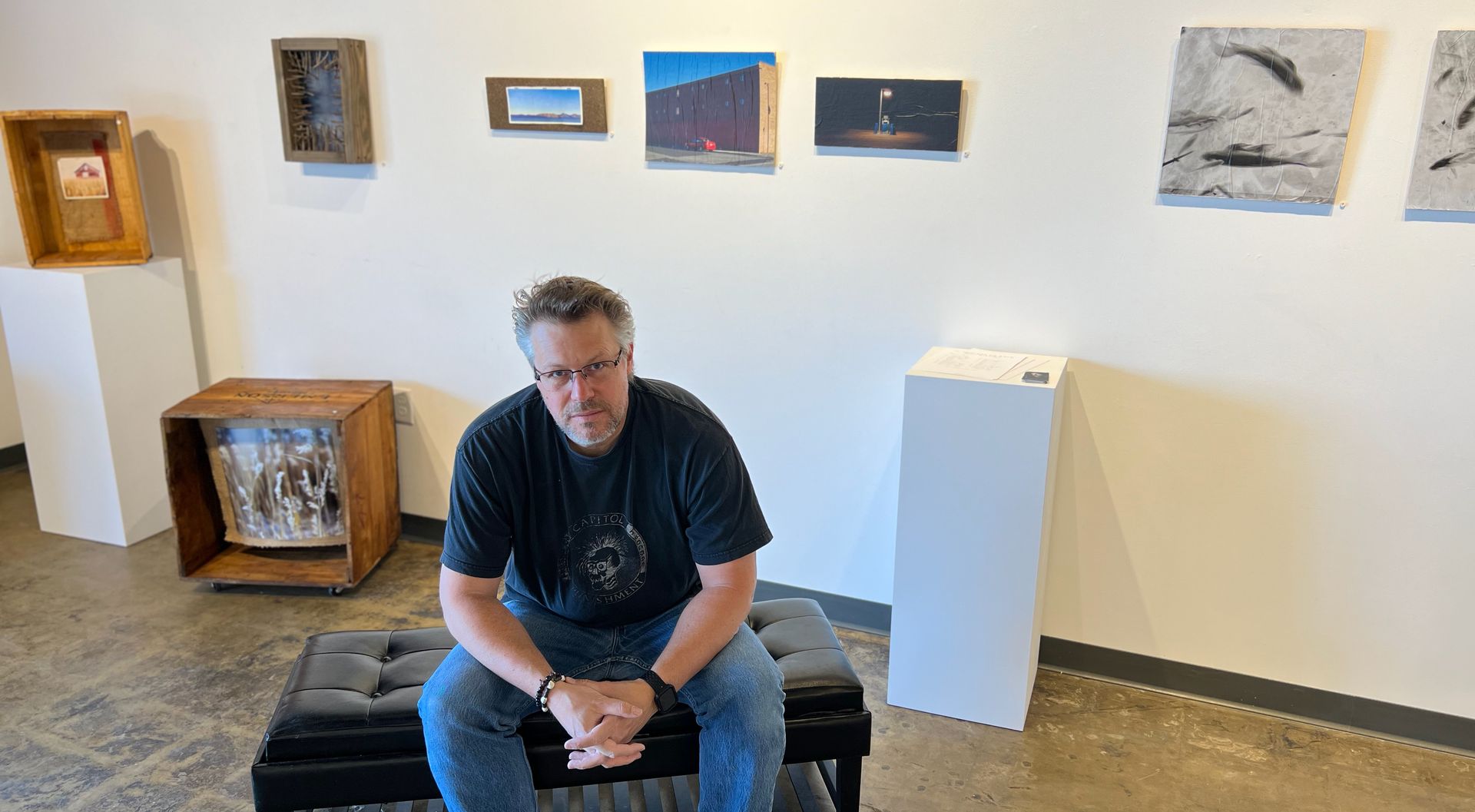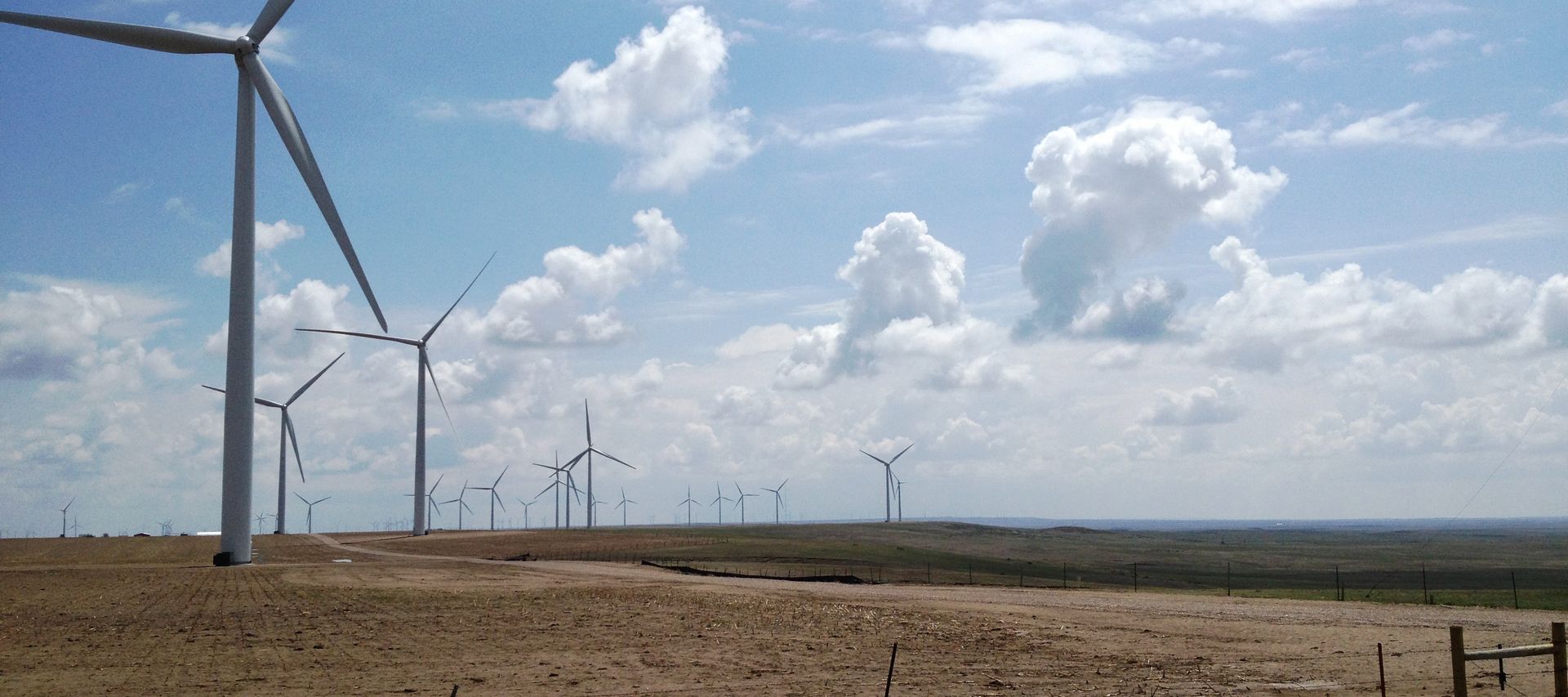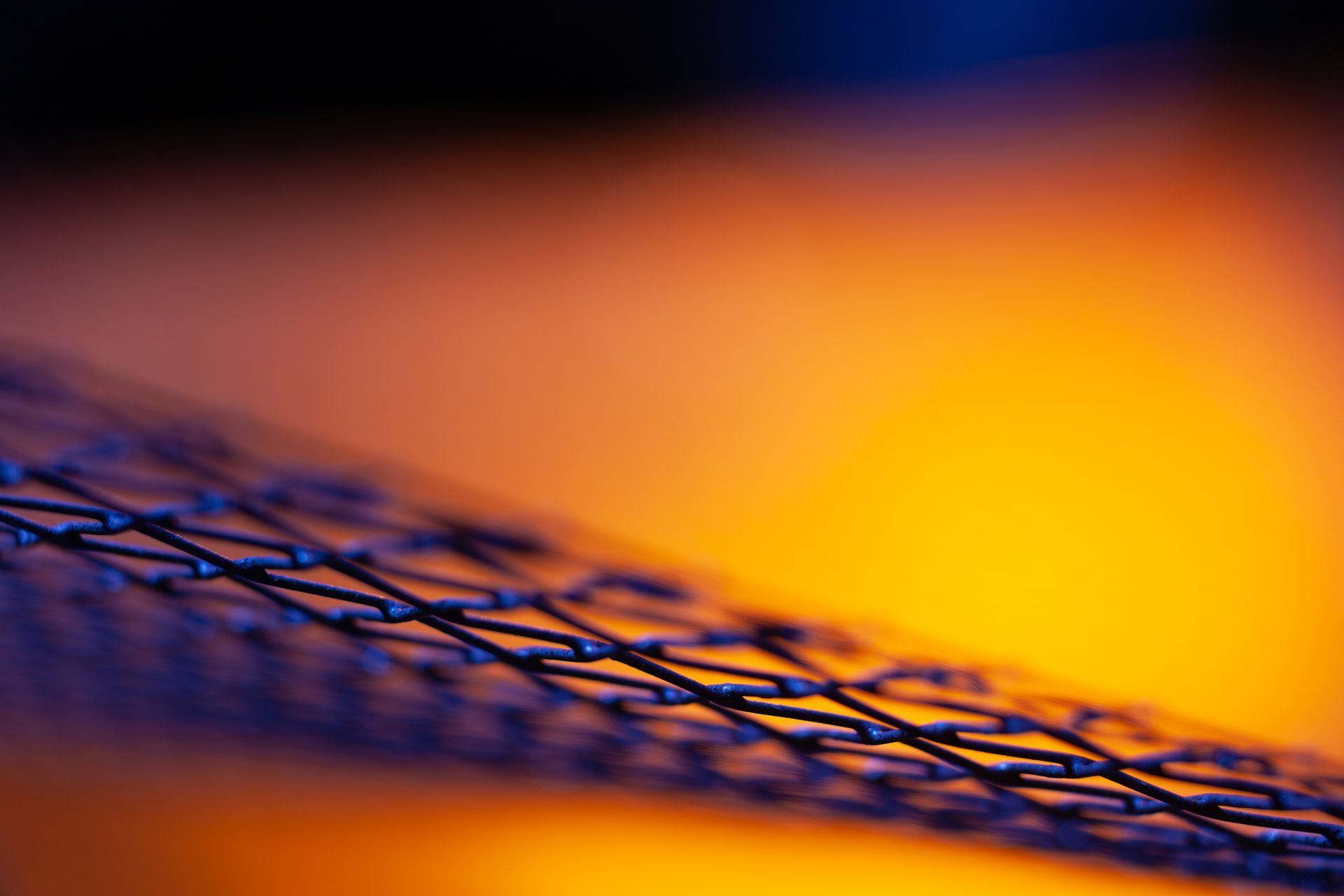As an assistant you were totally at the mercy of the photographer who hired you. You would often drive together to the site, and sometimes it was your ride they were borrowing. Sometimes you would regret that ride (depending on the photographer's personality). Occasionally they would borrow your gear. You'd get a call on Tuesday afternoon - "Jason! Hey, are you available Thursday? Great! Do you still have that portable light kit and some stands? Great! Any c-stands? No? OK, not that big a deal; you can hand-hold the flags. What about sandbags? You have any of those?" There were a few of these conversations.
I worked as an assistant for two reasons - to support my family, and to learn more about the trade. Like I mentioned, it could be brutal and the hours were inconsistent. When I had no day-job I used assisting to off-set unemployment. When I did have a day-job I used it as extra income. It was there when I needed it. And eventually I didn't need it anymore. But I did need assistants.
The thing to remember is, assistants are almost always freelance. This means you don't usually work for any one particular person or studio and are likely to get a number of 10-99 (tax) forms at the end of the year. You get a call and if you are free (and want the work) you take the job. Good assistants will be on the call list for a number of photographers and will have a full schedule. But it's important to remember the vast majority of assistants are working to make ends meet, as a second gig to whatever else they have going on - usually their own fledgling photo career. Over time they get too busy with their own work or they move away.

